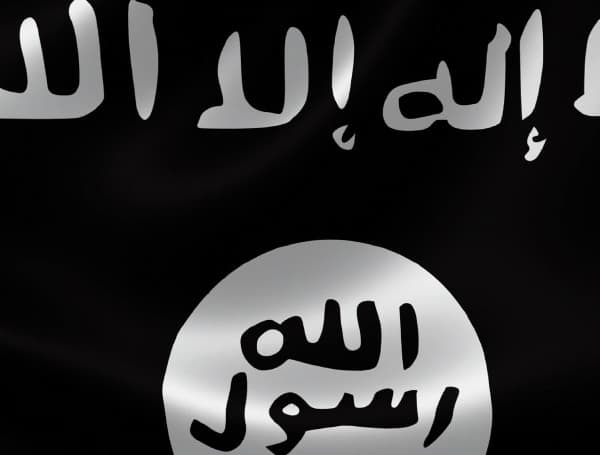In a move to disrupt the financial networks of ISIS in Africa, the United States has designated three individuals associated with expanded ISIS activities across the continent.
The action was taken in conjunction with the 20th meeting of the Counter ISIS Finance Group (CIFG), a global coalition committed to curbing ISIS financing worldwide.
Read: US Secret Service Director Kimberly Cheatle Resigns After Attempted Trump Assassination
The designated individuals serve as crucial financiers and facilitators for ISIS operations in Central, Eastern, and Southern Africa. They act as intermediaries between various ISIS affiliates, enabling the terrorist group to utilize each affiliate’s resources and expertise to undermine regional peace and security.
“Today’s action underscores the crucial work of the Counter ISIS Finance Group and the importance of effective information sharing among Coalition countries to target ISIS’s facilitation networks,” said Under Secretary of the Treasury for Terrorism and Financial Intelligence Brian E. Nelson. “While we have made considerable progress over the nearly ten years since the establishment of this working group, we must all remain vigilant because ISIS continues to develop new financial methods. The United States, in close coordination with our key partners, remains committed to disrupting the key nodes that enable disparate ISIS groups to work together and their ability to finance the group’s terrorist activities.”
The destabilizing impact of these individuals spans much of Sub-Saharan Africa, underscoring the importance of continued international collaboration to share intelligence on ISIS networks, their evolving financial tactics, and effective countermeasures.
The CIFG, a working group of the Global Coalition to Defeat ISIS, comprises over 80 countries and international organizations.
Sanctions
Following the designation of three individuals as key financiers for ISIS in Africa, all of their assets within U.S. jurisdiction, or owned or controlled by U.S. persons, are now frozen. This means any transactions involving these assets, whether by U.S. citizens, residents, or entities, must be blocked and reported to the Office of Foreign Assets Control (OFAC).
Furthermore, non-U.S. persons are also subject to certain restrictions. They are prohibited from enabling U.S. persons to violate these sanctions, either knowingly or unknowingly, or from engaging in activities that aim to circumvent the sanctions.
Read: Wisconsin Voters Tell MSNBC They ‘Absolutely’ Don’t ‘Support’ Kamala Harris
Violating OFAC regulations can lead to significant civil or criminal penalties, even if the violation was unintentional. OFAC may impose penalties based on strict liability, meaning that individuals or entities under U.S. jurisdiction can be held accountable even if they were unaware of the sanctioned status.
Engaging in transactions with these designated individuals also carries the risk of secondary sanctions under Executive Order 13224. OFAC has the authority to restrict or prohibit U.S. correspondent or payable-through accounts of foreign financial institutions that knowingly participate in significant transactions on behalf of Specially Designated Global Terrorists.
For more information on compliance with U.S. sanctions and export control laws, please refer to the Tri-Seal Compliance Note issued by the Department of Commerce, Department of the Treasury, and Department of Justice.
Help support the Tampa Free Press by making any small donation by clicking here.
Android Users, Click To Download The Tampa Free Press App And Never Miss A Story. Follow Us On Facebook and Twitter. Sign up for our free newsletter.
